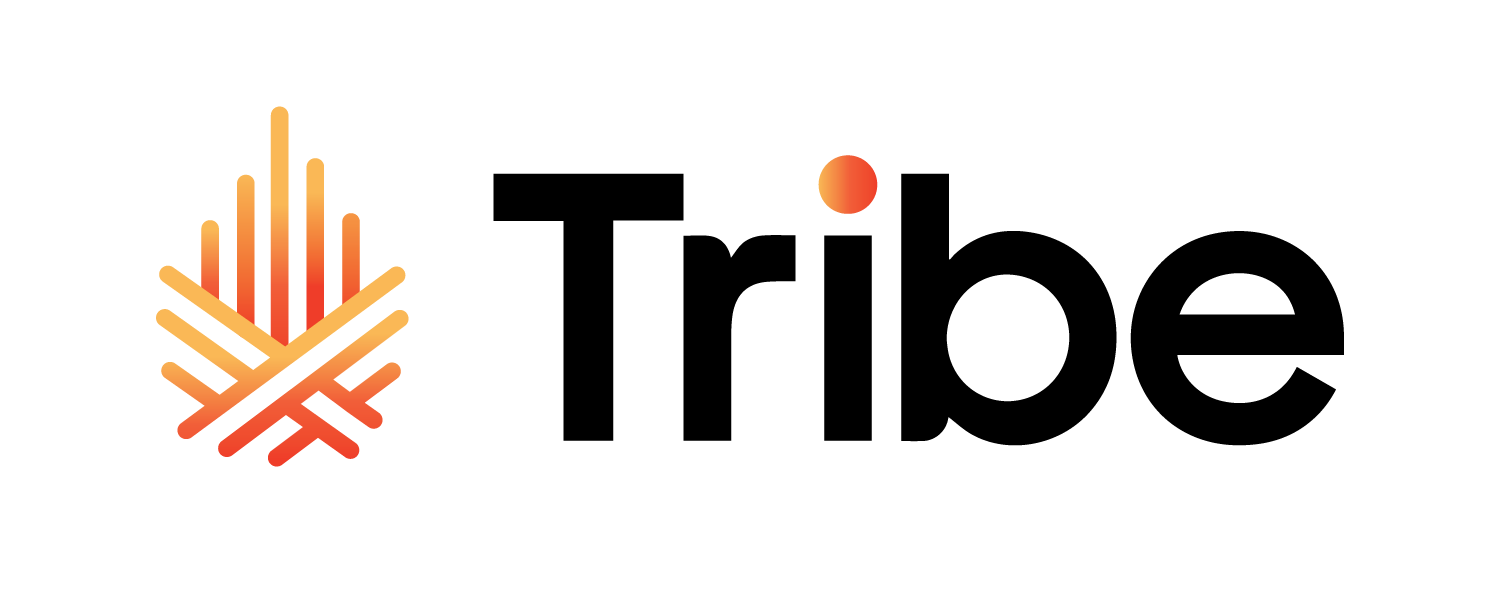Revolutionizing the Farming Industry: How Bo Simango and Aquafort AI is Empowering Underserved Communities

In the early days of his career, Bo Simango was apprehensive about starting out on such an uncertain journey. In his words, he had “more dreams than skills, more energy than expertise, more courage than vision.”
But Bo’s boldness in co-founding his own tech business has opened doors for him to expand his network, acquire new knowledge, and become a thought leader in the field. He has been able to leverage his passion for his venture to create a positive impact on the SME farming industry and customers who have been historically overlooked and underserved.
Earlier this year, we caught up with him to learn more about his journey and the opportunities he sees for racialized entrepreneurs in the tech space.
Tell us about yourself.
Hi, everyone. My name is Bo, and I’m a cofounder and head of business development at Aquafort. I lead all of our commercial activities, including customer acquisition, market entry and channel partnerships, including the overall stewardship of the company.
What has been your boldest business move?
My boldest business move to date has been co-founding my own tech business. I think in the early days I was apprehensive about taking such a big risk and putting my future in my own hands. But one of the things that I discovered is that I was passionate about pursuing this venture, as I believe that we could positively impact not just the SME farming industry, but also the lives of cohort customers who have been forgotten, overlooked and underserved along the way. I’ve managed to establish a network, a tribe of fellow founders, in the context of what we are speaking about – BIPOC entrepreneurs. I’ve been able to expand my network, develop a relationship with people like Alfred Burgesson, Tribe Network and other BIPOC leaders within Atlantic Canada as well as the rest of Canada, and also acquire new knowledge. There’s a significant opportunity when you start a business, I suppose, or even attempt to start a startup and then steer it on this path to becoming a full-on commercial company.
What are the biggest challenges and biggest opportunities for racialized entrepreneurs in the field of tech in Atlantic Canada?
I think the biggest opportunities for BIPOC entrepreneurs are the increasing recognition of the importance of diversity in the tech industry, the resources available to BIPOC entrepreneurs in the field – such as incubators, accelerators, and investment – and funds that can provide support and guidance. I think programs like Tribe Network’s take care of this, so it’s a great time to be a BIPOC entrepreneur. As for challenges, I think one prominent challenge may be networking with other BIPOC entrepreneurs in the region, so that visibility for thought leadership, for guidance and mentoring is low, relatively speaking when compared to other regions of Canada, such as Quebec as well as Ontario. But I think programs like Tribe Network and their partners provide visibility, resources, tools and access to mentors who can help.
How can we come together to radically reimagine the ecosystem and disrupt systemic barriers so that racialized businesses – and their communities – can flourish?
I think there are a lot of moving parts in an ecosystem: stakeholders, partners, and the dynamism of those interactions. However, positively thinking, I think there are several ways that we can come together to create a space that is conducive to the growth and success of BIPOC businesses. One is investing in their businesses, providing resources and support, education and mentorship for BIPOC founders. Another could be developing policies and initiatives that are aimed at promoting diversity, equity and inclusion within the ecosystem. And then also access to capital, particularly enhancing access to capital and other resources. Non-dilutive sources of funding for BIPOC businesses so that we can all obtain the necessary funding and support needed to succeed. Another part of it might be breaking down barriers to entry by reducing the cost of launching and running a business. This could be tax incentives, it could be grants, but it could also be tax incentives and grants that are offered to the angel community, the first port of call for founders when they’re prospecting for funds, when they’re doing their fundraising. Lastly, I suppose increasing public awareness and understanding of the barriers that BIPOC businesses face so that the public can be better informed and educated as well as engaged in their success.
What’s your advice for aspiring entrepreneurs?
First thing I encourage you to get started, and to get started early. Accelerate your learning curve by networking and establishing relationships with BIPOC leaders in the region and across Canada, like Alfred Burgesson and as well as Tribe Network. Start a side hustle and work at it. But don’t quit your day job along the way as well. So, finally, I think I’ll share something I came across a while ago, and I’ll have to bring it up. When a startup founder begins their journey, they have more dreams than skills, more energy than expertise, more courage than vision. The latter, in each case, is gained along the way. Don’t be scared. Instead, see it as a learning opportunity.
Follow Bo
Twitter: @BoSimango
